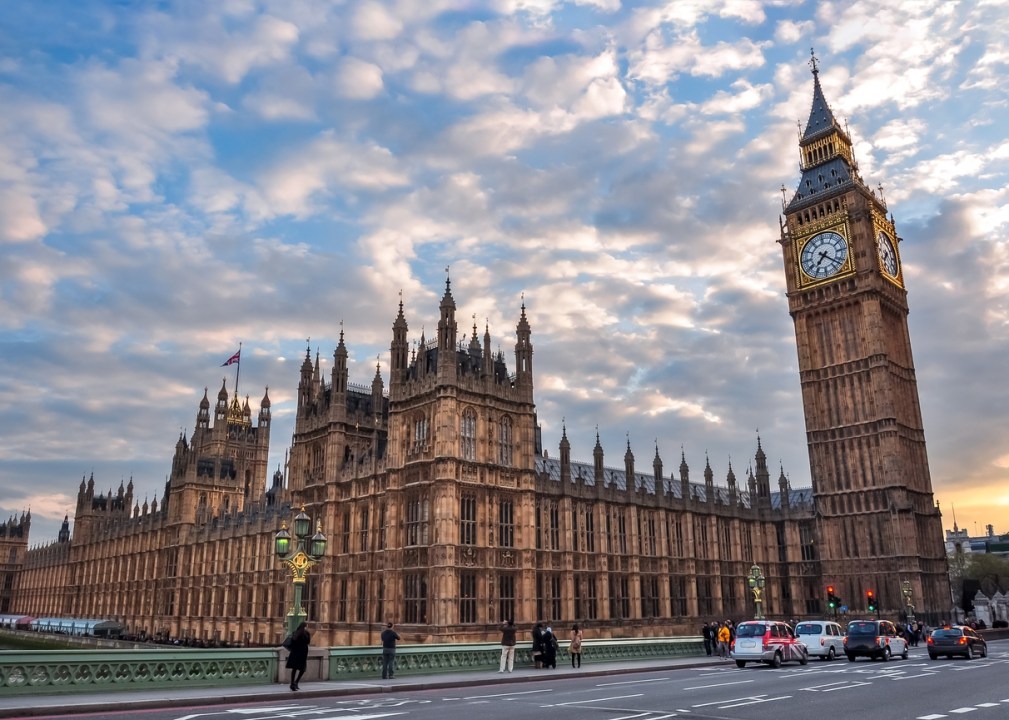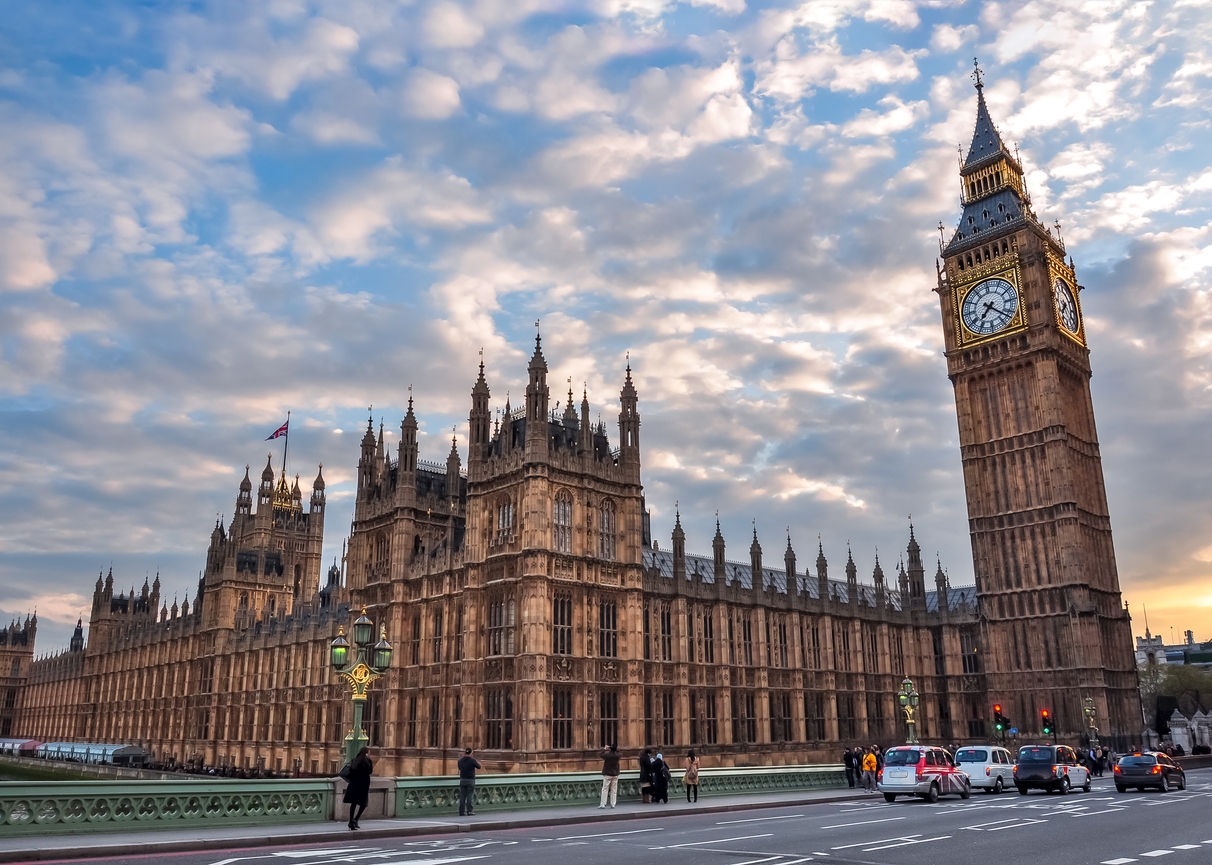MPs seem to have lost interest in defending our liberties. On 25 March Parliament went into recess a week early when our fundamental freedoms are under threat, our economy is being shredded, and our most independent-minded individuals, such as the self-employed and entrepreneurs, are being required to plead for state aid or bank loans.
Above all, Parliament did not even scrutinise the most draconian measures enacted since the second world war. Both houses went into recess on 25 March. The coronavirus regulations were laid before Parliament at 2.30 pm on 26 March and came into force immediately. These regulations granted the police powers to impose fixed-penalty notices on people for being away from their home without a ‘reasonable excuse’, such as shopping for food or exercising.
They were imposed under section 45R of the 1984 Public Health (Control of Disease) Act which requires both houses of Parliament to approve the new regulations within 28 days. The regulations state that Matt Hancock, the secretary of state, is of the opinion that ‘by reason of urgency’ it was necessary to make the instrument without a draft having been laid before, and approved by, both houses. The urgency was artificial. MPs were at Westminster the day before and if urgent business remained they should have stayed there to resolve it.
Some might ask, what use is a talking shop like Parliament in a crisis? But as Pericles said of the Athenians in his famous funeral oration of 431 BC: ‘instead of looking on discussion as a stumbling-block in the way of action, we think it an indispensable preliminary to any wise action at all’. As the coronavirus emergency has developed, two things have prevented the situation becoming an even bigger shambles. The first is public criticism, both through the traditional media and online. The second is that the different approaches being taken by each country have allowed us to learn from each other. In novel situations, amidst unavoidable uncertainty, openness to new ideas is vital.
Press scrutiny has revealed that radical mistakes have been made while trying to increase testing, but MPs could have wheedled this out of the government sooner. MPs are asleep at the wheel when we need them most. If they are worried about catching the disease, they could easily use videoconferencing, like so many others, including the Cabinet.
And the first thing they should do is debate the coronavirus regulations of 26 March. The secretary of state must review the regulations ‘at least once every 21 days’, with the first review due by 16 April. As things stand, Parliament will not return from recess until 21 April. Laws that so utterly transform our way of life should never again be enacted without Parliamentary debate.







Comments